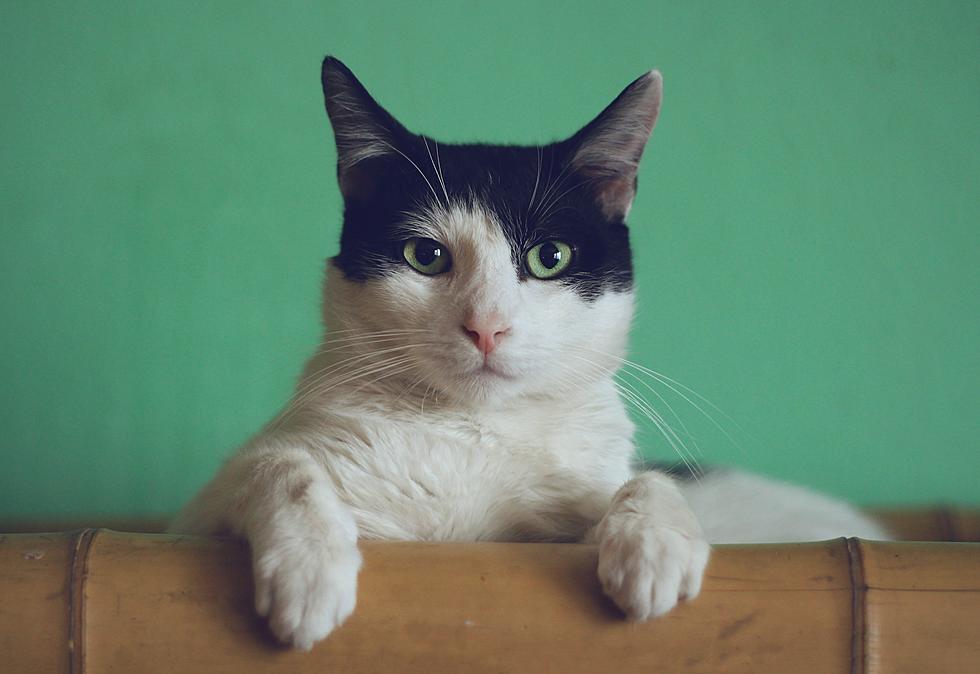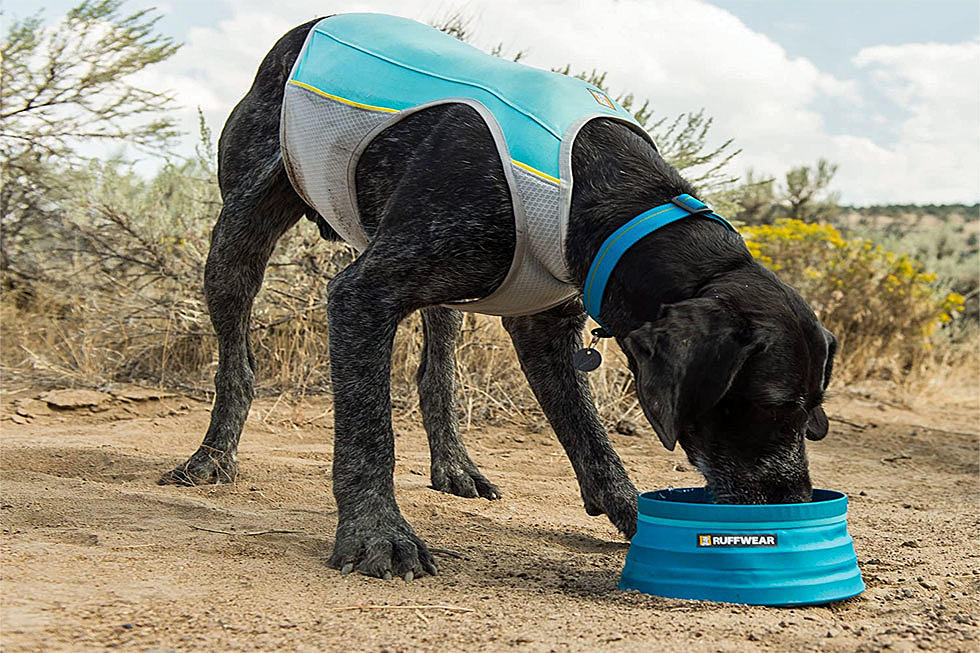
My Kitty Needs A Tissue– Cat Colds
My 19-year-old cat has been sneezing lately, and I thought nothing of it. Then one night this week, he sneezed several times and, for the first time in my life, I saw kitty snot.That is as unpleasant as it sounds.
I grabbed a tissue and Google, and found out he has a cat cold or upper respiratory infection. Who knew they could even get those?
Wikihow offered great information, namely, call the vet. I did that. I also spoke with a friend at a local animal shelter. Here's a few nuggets for you cat owners who may get more than a dainty "achoo" the next time your feline friend has to clear his or her nasal passages.
miserable as you and I are when we have a cold. However, cats can't take Benadryl because it will make them salivate for hours. That sounds almost as awful as the snot. Thankfully, there is a medication the vet can give them that helps with the congestion. It is in pill form which can be a challenge with a cat. My vet gave me a syringe like the one in the picture that did help in getting my cat to swallow the medicine.
More From Cajun Radio 1290 AM









